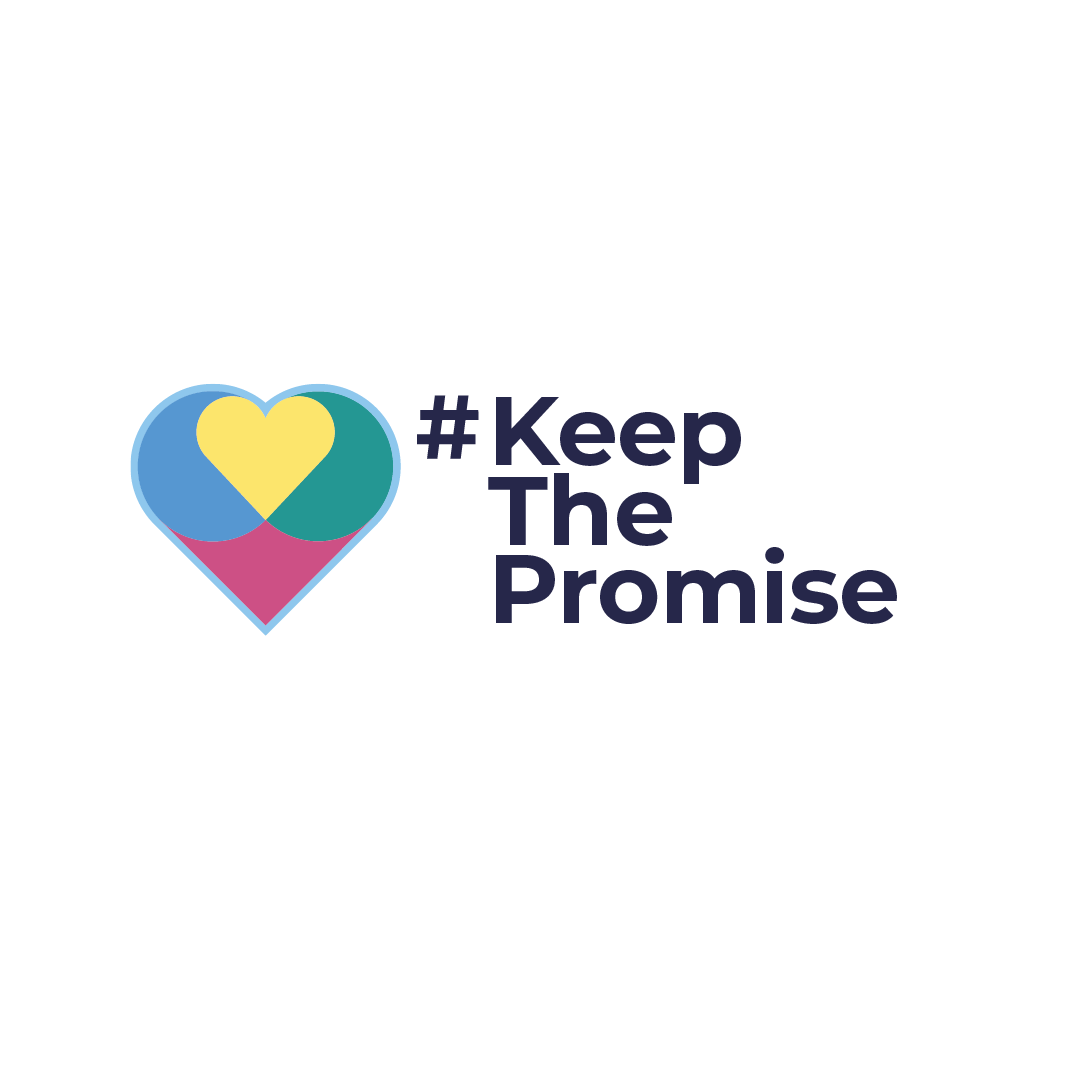Mental Health Awareness Week: Kindness

How aware are any of us about our own mental health? I’d say we’re generally not as well aware as we should be. Like many health issues it can gradually build over time before reaching a moment of crisis. So unless we learn to look for the signs we can miss them. Like all health issues, there is no shame in acknowledging there may be a problem and the approach of previous generations, which often involved ‘toughing out’ life’s stressful times and refusing to talk about mental health, is fortunately no longer the only option available.
We all live busy lives full of commitments and deadlines. So how can we spot mental health problems brewing? If we do spot issues, what should we do?
The answer can be found in this year’s theme for Mental Health Awareness week, kindness. While we tend to think of kindness as something we show others in life, as part of our good deed for the day, in making that phone call to a friend or family member or in reaching out to be there for someone in our community, it is easy to forget that we need to be kind to ourselves too: because if charity begins at home then, in a similar way, we’re little use to others unless we’re in a good place ourselves.
Being kind to ourselves means recognising our own humanity and our own needs. And so the simple things like good sleep, regular meals, regular light exercise, a good routine, these things can save our lives. If you’re reading this right now, then I invite you to answer one set of simple questions:
- How well did I sleep last night?
- Did I do some light exercise yesterday or this morning?
- On a scale of 1 to 10, how healthy is my diet?
- On a scale of 1 to 10, how stressed do I feel?
- When was the last time I spoke to anyone about my mental health?
Every day I work with people experiencing enormous stress in their lives due to difficult circumstances; and, in turn, I aim to manage the stress of how best to help them while remaining in a good space. I’ve learned to look for the signs and to read them – and I’ve done that myself just by asking those simple questions. I’ve found them helpful and I hope you do too. If the answers to these questions make you think your mental health is not what it should be, then maybe it’s time to talk to someone about it, most obviously your GP.
I’ve also been fortunate to work with the Scottish Centre for Conflict Resolution in recent years and have seen first-hand the amazing work they do with families and young people in crisis. One thing I have learned from working with them is that conversations, even difficult or downright awkward conversations, are better than suffering in silence. When people take the risk of speaking out it can be a frightening experience: how will the other person or people in the conflict react? There may be fears about not just what the other person will say, but also what they might do.
That’s why talking to someone in confidence outside of the conflict might help enormously and could lead to a better way of dealing with the conflict you’re experiencing. In addition to its own resources available through this website, SCCR also has strong partnerships with Young Scot, Parent Club Scotland and other resources available through the Scottish Government. As these challenging times have demonstrated people do care, reaching out is important, kindness does matter in our lives and we can make a difference both for ourselves and others.





